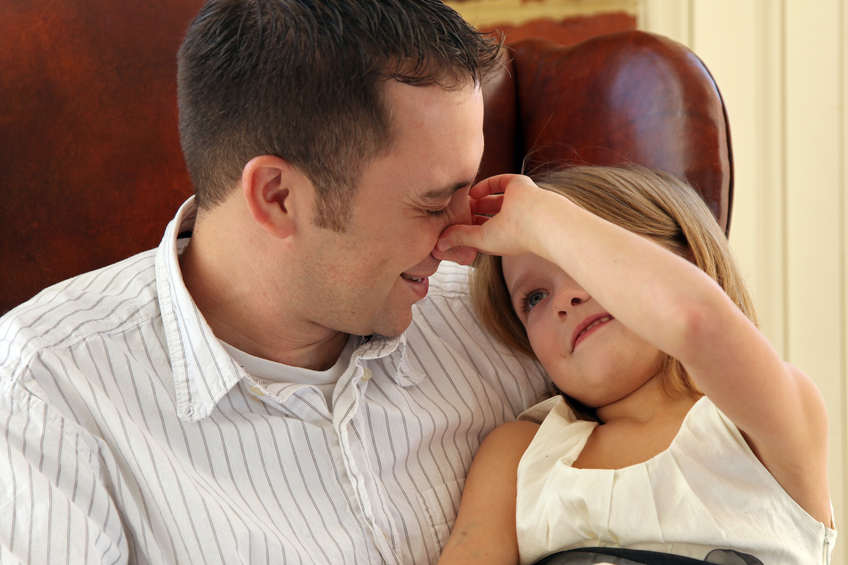blind
(adjective, verb, adverb)
/blaɪnd/
 LISTEN
LISTEN


Blind people sometimes have guide dogs to help them get around.
As an adjective, blind means ‘unable to see’ or ‘lacking the sense of sight.’ Figuratively, it means ‘not willing to understand or see something,’ and it also describes something that is done without reason. As a verb, to blind means ‘to injure someone and make them lose their ability to see’ or ‘to keep someone from thinking clearly.’ As an adverb, blind means ‘without the ability to see’ or ‘without guidance’ and, informally, it means ‘to an extreme degree.’
Example sentences
- Andrew has been blind from birth and cannot see at all.
- Many parents are blind to their children's faults.
- Only blind faith kept Helen working on the project after everyone else had given up.
- The accident blinded Robert.
- Nancy's love for Bill blinded her to his true nature.
- The pilots had to fly blind in the snow storm.
- Nobody has ever done anything like this before, so we are working blind.
- The old lady trusted her caregivers, but really they were robbing her blind.
Words often used with blind
turn a blind eye: to overlook something someone has done. Example: “I’ll turn a blind eye to your mistake this time, but don’t let it happen again!”
blind as a bat: having very poor eyesight. Example: “I used to have great eyesight when I was young, but now that I’m getting older, I’m as blind as a bat without my glasses!”
blind spot: literally a spot you can’t see in your mirrors when driving–you should always check your blind spot before you pull out to pass someone–and, figuratively, something you cannot or do not want to see. Example: “Julie has a real blind spot when it comes to her son; she lets him get away with anything!”
In pop culture
In the 1992 movie Scent of a Woman, Al Pacino plays a blind retired army officer. You can see the movie trailer here:
Additional information
Blind is also a noun. A blind is a cover for a window that can be raised or lowered, allowing us to regulate the amount of sunlight that comes in through the window. We often use the plural form, blinds. They are sometimes made of slats of wood or other material, where the width between the slats can be adjusted too. Example: “I always close the blinds at night so my neighbors can’t see inside my house.”
Did you know?
The expression blind drunk does not mean that someone has actually lost their sight through drinking alcohol, but just that the person is so drunk that they are not really aware of what is happening.
Other forms
blindness (noun), blindly (adverb)
Origin
Blind dates back to before the year 1000, as the Old English adjective blind (its spelling has not changed), which meant ‘without sight’ as well as ‘dark, obscure or covered in darkness,’ and ‘unintelligent or lacking mental perception.’ It can be traced back to the Proto-Germanic blindaz (blind), possibly from a Germanic word related to the idea of ‘to deceive or make cloudy,’ from the Proto-Indo-European root bhel– (to shine, flash or burn). Blind is related to the Old Frisian, Old Saxon, Dutch and German blind, the Old Norse blindr and the Gothic blinds (all meaning ‘blind’), and more distantly related to English words such as black, blank, blanket, bleach, blend, blond, blue, blush, flame and flamingo. Some linguists have suggested that the original sense was not ‘sightless,’ but rather ‘confused,’ though there is not enough evidence to say for sure. The sense ‘not directed or controlled by reason’ has been used since Old English, while ‘without opening for light or to see through’ first appeared around the year 1600, and ‘closed at one end’ (like a blind alley) dates back to the early 17th century. The colloquial sense ‘to act without investigating first’ dates back to the mid-19th century. The verb, meaning ‘to make blind or deprive of sight,’ dates back to the early 13th century, as the Middle English blendan, and comes from the adjective. It can be traced back to the Proto-Germanic blandjan, from the same source as the adjective. It is related to the Old Frisian blinda, the Dutch blinden and the Old High German blinden (to become blind), and to the Danish blinde and the Gothic gablindjan (to make blind). The noun, which originally meant ‘a blind person’ or ‘blind people collectively’ dates back to around the year 1000, and comes from the adjective. The sense ‘anything that obstructs light’ first appeared in the early 18th century.
Word of the Day is released Monday through Friday.



